Women And Girls at the Centre of Transformation in the Built Environment
As governments have recognized in multiple fora, action on climate change must be closely connected with action to address gender inequality. This applies to cities and towns, which are undergoing many transformations. They need to strengthen their...
08 March 2022 | Commentary
Commentary by Annabel Short, Principal, It's Material; Research Fellow, IHRB Ying-Chih Deng, Officer, Circular Development, ICLEI
Better Building(s) - A Rights-Based Approach to Decarbonisation
As governments gather this week for the Porto Social Summit, they should consider the many ways that climate action in the built environment must be shaped to advance, rather than undermine, human rights.
Across the EU, momentum is growing to...
06 May 2021 | Commentary
Commentary by Annabel Short, Principal, It's Material; Research Fellow, IHRB
COVID, Housing, and Climate - A Call for a Systems Shift
The seemingly simple words “stay at home” have exposed the economic and racial inequality that divides most cities, countries, and regions.
The COVID-19 pandemic has elevated the centrality of the right to housing – fundamental to our ability to...
08 April 2020 | Commentary
Commentary by Annabel Short, Principal, It's Material; Research Fellow, IHRB
Linking Climate and Human Rights Throughout the Built Environment Lifecycle
Decisions about what we build, and how, define our future. And we are on a trajectory for explosive growth. Global building stocks are projected to double by 2060. By then, 70% of the world’s population will be city-based.
This comes at a time when...
14 February 2020 | Commentary
Commentary by Frances House, Senior Advisor, Special Programmes, IHRB
The Best of 2019
|
30 January 2020 | Commentary
Human Rights and the Built Environment - A Call for Action
Two-thirds of humanity are projected to live in urban areas by 2050. If we are to make progress in reducing global inequality and in meeting the UN Sustainable Development Goals, a rights-based approach to the built environment is critical.
IHRB...
22 July 2019 | Commentary
New Framework Agreement - Significant Progress in Protecting the Rights of Migrant Construction Workers in Qatar
The construction industry in Qatar is an important part of the country’s economic development and will remain so for the foreseeable future. The sector relies on migrant workers who everywhere in the world are vulnerable to exploitation and abuse.
...New Construction Sector Agreement on Protecting Vulnerable Workers
Worker exploitation and ongoing rights abuses in the construction sector are being tackled through a range of initiatives, including guidance from CIOB on tackling modern slavery in construction, the BRE Ethical Labour Standard, and the Stronger...
11 October 2017 | Commentary
Commentary by Neill Wilkins, Head of Migrant Workers Programme, IHRB William Rook, Senior Advisor, Middle East, IHRB
Q&A on the Stronger Together Construction Initiative
The UK Modern Slavery Act has encouraged many businesses to examine how their activities impact the rights of others. The Act requires companies to engage with key challenges relating to risks of forced labour and trafficking. Customer-facing...
16 February 2017 | Commentary
Protecting Workers Building Sporting Venues – Progress in Qatar
Mega-sporting events focus attention on human rights, however, it is often for a fleeting moment. It requires a great sense of urgency if improvements are to take place. In construction, it means a big, but temporary surge in activity for stadiums,...
28 November 2016 | Commentary
Commentary by Jim Baker
Built Environment Companies Need to Take a Longer Term View on Modern Slavery
It is an obvious but uncomfortable truth that there is no quick fix for modern slavery. It is too enmeshed in corruption to be solved by box-ticking initiatives. It is too financially rewarding to be given up easily by perpetrators. The...
29 July 2016 | Commentary
Commentary by Emma Crates, Freelance journalist


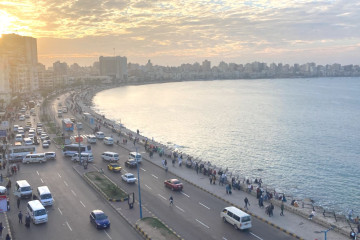
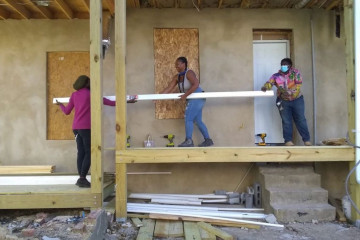
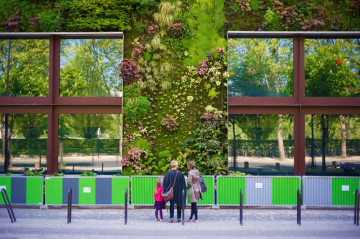
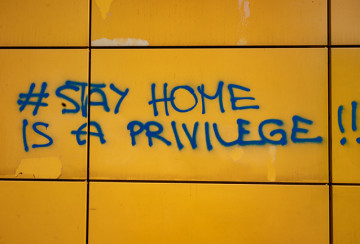
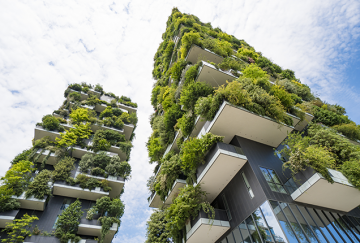
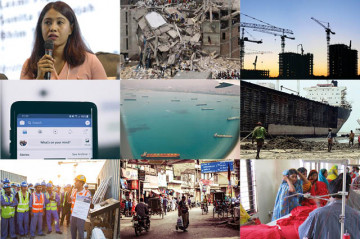
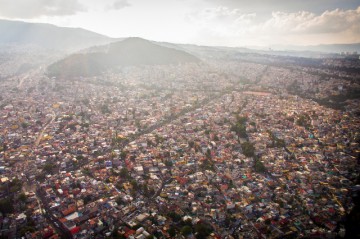
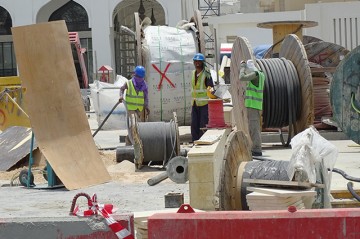
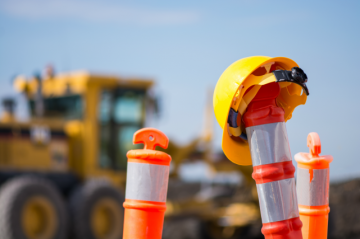
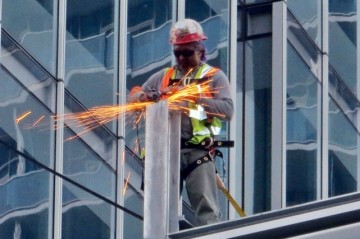
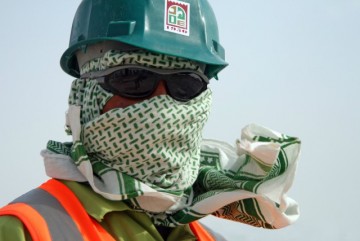
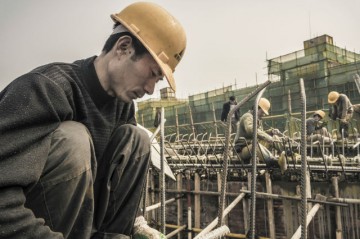

COP27 Reflections: Human Rights are Increasingly on the Built Environment and Climate Action Agendas
IHRB’s Built Environment programme played an active role at last month’s COP27 in Sharm El-Sheik, Egypt where over 35,000 participants aimed to make faster progress on addressing the climate crisis. Our team attended 24 built environment-related...
14 December 2022 | Commentary
Commentary by Alejandra Rivera, Global Programme Manager, Built Environment, IHRB